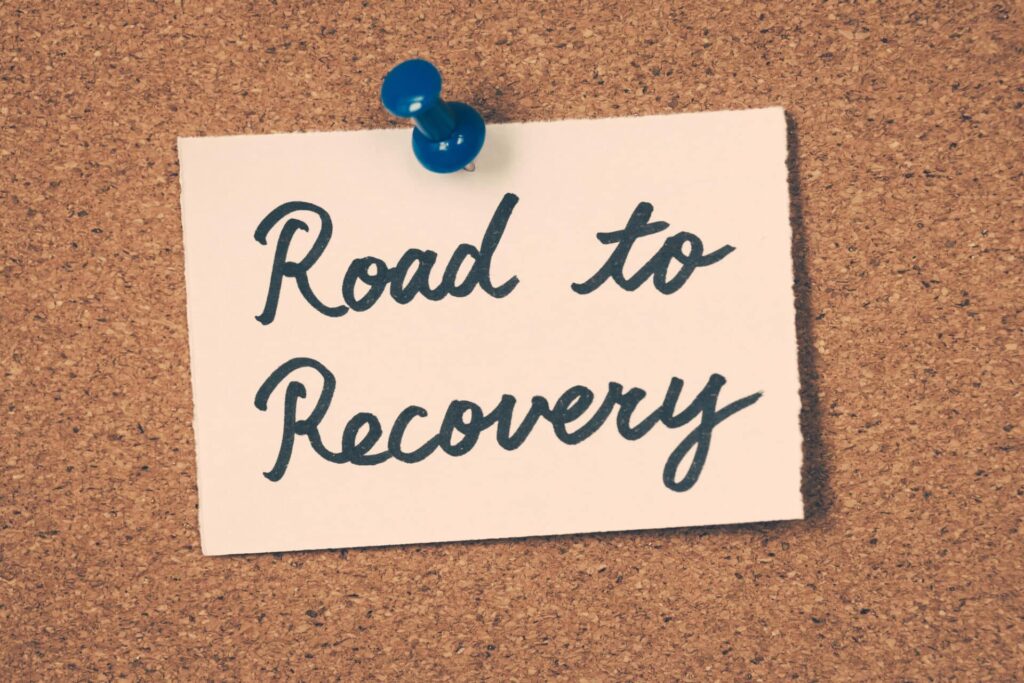Alcohol rehabilitation is essential for many people. Did you know that 1 in 10 Americans will struggle with addiction in their lives and that alcohol is one of the most common dependencies in the US?
What we’re saying is that you’re not alone. Fortunately, that means that there are treatment options available to you when you need them, and they don’t have to be scary at all. Let’s talk about some alcohol rehab tips, what to expect, and how to find the right alcohol rehabilitation for your needs.
What Is Alcohol Rehabilitation?
First, let’s define what we mean by alcohol rehabilitation, as there are common misconceptions. First, it is not a cure. Addiction cannot be “cured” but only treated and managed.
Second, alcohol rehab is not a one-size-fits-all program. Different people have different lifestyles, needs, and approaches to life. This can result in variances in treatment needs both in the short term and long term.
Alcohol rehabilitation is merely the lifelong journey of recovering from alcohol addiction. Nothing more, nothing less. However, the stages on the journey to recovery are relatively the same, so let’s discuss them!
Timelines For Addiction Recovery Stages
Understanding the different stages of recovery, how they work, and how long they last can take away a lot of the anxieties about finding treatment. Many people have experienced these recovery stages before you, and many will after you. Fortunately, you can benefit from time-tested results.
Detox
Detox is the first part of recovery when your body is ridding itself of the physical addiction. No, you will not be “cured” or even rehabilitated after detoxing, but your body will lose its physical dependence. However, the psychological dependence will continue afterward, which is even more dangerous.
Moreover, this is the period where you will experience withdrawal symptoms. Depending on the strength of your addiction, how long you’ve been abusing substances, and the substances you have used, these withdrawals can be quite serious. In rare cases, even lethal.
That’s why it’s so important to choose an inpatient program during this period. Detox services are essential for preventing relapse, but also for having access to medical care in the event of complications. Detoxing is dangerous to do on your own, so we highly recommend professional help during this vulnerable period.
Rehabilitation
For all intents and purposes, we will use “rehabilitation” to describe the period of early recovery after your detox period has ended. This is when those in recovery begin to learn the tools they need for a successful, sober life. Of course, this is still a vulnerable period, but it is necessary for long-term success.
You can complete this period with an inpatient rehabilitation program, partial hospitalization program (PHP), or intensive outpatient program (IOP). These are the best options for early recovery, as you will avoid temptation and have access to regular attention from recovery professionals.
On average, this period typically lasts for 30 to 90 days. However, some may need more time, which is why sober living homes exist as a “halfway” option between inpatient rehab and sober living on your own.
Maintaining Abstinence
Just because this is the first part you can do on your own does not mean it is easy. Maintaining abstinence is the longest and most challenging stage of recovery, as it lasts for a lifetime.
Think about it. Even if you feel fully rehabilitated now, there is still plenty of time for that to change.
For example, if you have 20,000 days left to live, do you expect to feel the same for every one of them? We all have good days and bad days, and those recovering from addiction will inevitably face challenges from time to time. It’s how we deal with them that makes a difference.
Is It Time to Find Help?
Whether you are reading this for yourself or a loved one, good for you. Understanding what to expect will hopefully take some of the anxiety away from finding treatment.
We understand that making such a dramatic life change is not easy to even consider, let alone pursue. However, with something as serious as alcohol addiction, time is of the essence.
If you’ve experienced these symptoms, it is very likely that you are struggling with alcohol addiction:
- Trying and failing to quit
- Anxiety about not drinking
- Social activities all revolving around drinking
- Drinking daily
- Building a tolerance
- Defensiveness over drinking habits
- Spending excessively on alcohol
- Lying about alcohol consumption
- Using alcohol for escapism or self-medication
The list goes on. If you have one or more of these symptoms, then it’s time to find help.
Sometimes, it may not seem as if you have an addiction, as alcohol misuse is so common. Did you know that 1 in 6 Americans binge drinks, with 25% of them doing so weekly?
An alcohol-specific addiction treatment program is the best solution for early recovery. However, it’s always beneficial to have ongoing support during the maintenance period.
Having a support system for loved ones in your personal life is utterly essential, but outpatient treatment is just as important. Attending meetings or therapy sessions with trained professionals is the best way to help you stay on track over time.
Choose the Right Tennessee Alcohol Rehab Program
Now that you know what to expect during your path to recovery, choose the Tennessee alcohol rehabilitation program that meets your needs. Alcohol addiction is very serious, and will only become more dangerous over time without treatment. The sooner you get the help you need, the sooner you can get back to living your life.
Stay up to date with our latest recovery tips, and don’t hesitate to contact us with any questions!

